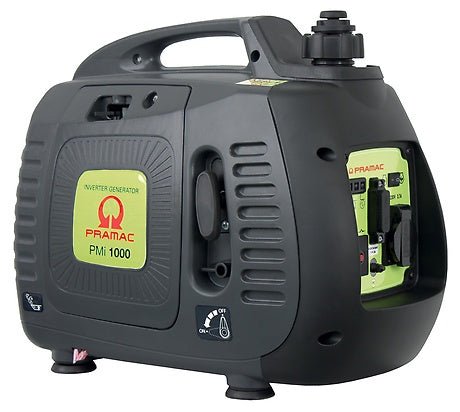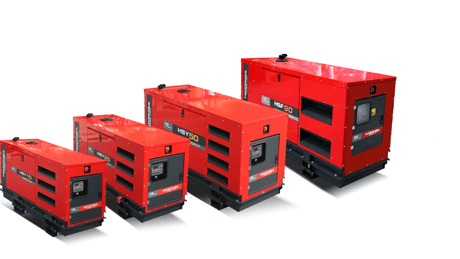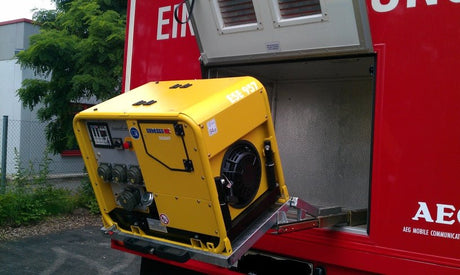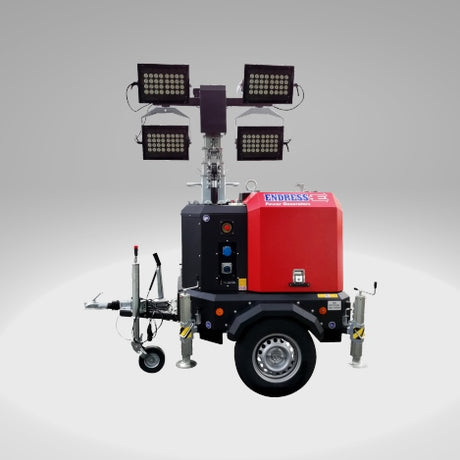Selecting a power generator depends on various factors, such as: B. the required performance level, the intended use and the available budget. Here are some tips that can help you choose the right generator for your needs:
- Needs Assessment: First, analyze your power needs by listing the key devices and applications you want to operate during a power outage, such as: E.g. lighting, heating, cooling, power tools, etc. Add up their power requirements (in watts) to determine the total power your generator needs to deliver. Also pay attention to whether these are sensitive electrical devices such as heater controls and computers, or robust tools and ohmic consumers.
- Type of power generator: There are different types of power generators, such as: B. portable gasoline or diesel generators, inverter generators and stationary generators. Portable generators are ideal for short-term use during power outages or outdoor activities, while stationary generators are designed for long-term use in residential or commercial settings. Inverter generators are quieter and more energy efficient than conventional generators, but are also more expensive.
- Power: Choose a power generator whose output (in watts) corresponds to your determined needs. Make sure that the generator covers both continuous power (for continuous operation) and peak power (for short-term operation of devices with high starting current, such as refrigerators or electric motors).
- Fuel Type: Gasoline, diesel, gas or propane generators are the most common fuel options. Gasoline is readily available, but diesel generators tend to be longer lasting and more efficient. Gas and propane generators are more environmentally friendly but may be harder to fuel. Consider the availability and cost of different types of fuel when choosing.
- Running time: Pay attention to the running time of the generator with a certain amount of fuel in order to estimate the operating costs and the frequency of refueling.
- Noise Level: If noise is a problem for you or your neighbors, look for a device with a low noise level. Inverter generators are generally quieter than conventional generators.
- Mobility and size: Pay attention to the weight and size of the generator, especially if you need to transport it frequently or store it in a limited space.
- Safety features: Pay attention to safety features such as overload protection, automatic shutdown when oil level is low and overheating protection.
- Price and warranty: Compare the prices and warranty terms of different models and manufacturers to find the best deal for your needs.
- Brand Reputation: Choose a generator from a reputable manufacturer known for its quality and reliability.
Once you have determined your requirements and priorities, you can choose the generator that best suits your needs. Don't forget to also consider the maintenance and care of the device to ensure a long lifespan and reliable operation.




